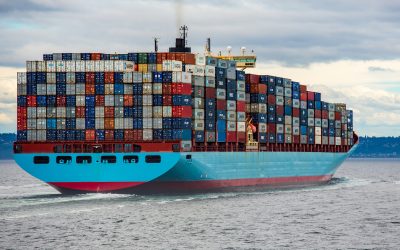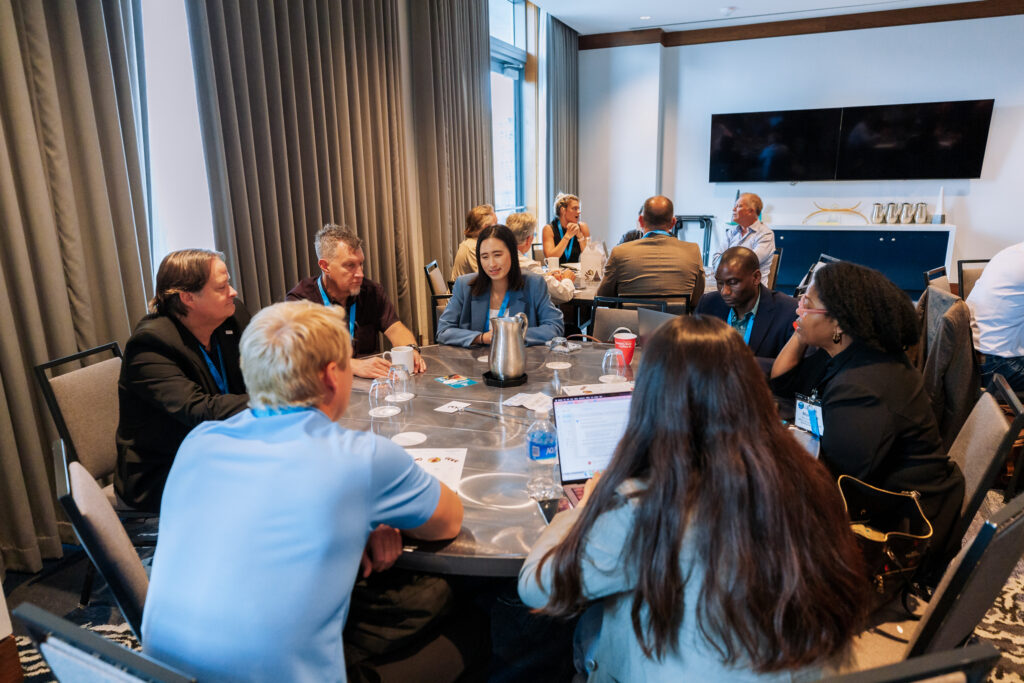In the ever-evolving blue economy, partnerships and collaborations can be game changers. As CEO of SailPlan, a data platform for maritime decarbonization and operations, I’ve seen firsthand how working together can accelerate innovation, amplify impact, and make executing groundbreaking solutions much easier. Here’s why establishing meaningful partnerships is so crucial for ocean tech companies looking to make a significant impact:


1. Accelerated Innovation
Collaborating with experts can significantly speed up the innovation process. Instead of reinventing the wheel, startups can leverage existing technologies and expertise enabling them to get to market faster with fewer resources. For instance, at SailPlan, we partnered with Norsk Analyse, a leading emissions sensor manufacturer, to integrate advanced emissions monitoring into our platform. Without this partnership, we would have had to develop our own sensors, which would have delayed our time to market significantly.

2. Enhanced Impact
Combining resources and knowledge through partnerships makes our solutions more comprehensive and effective, addressing the multifaceted challenges of the blue economy. By collaborating with other innovators, SailPlan has developed a robust data platform that offers a complete solution for emissions monitoring and environmental compliance. This teamwork ensures our technology meets and exceeds industry standards, driving significant environmental benefits.
3. Improved Execution
Executing complex projects becomes more feasible with the support of strategic partners. Sharing resources, expertise, and networks makes it easier to bring innovative solutions to life. Our alliance with Norsk Analyse allowed us to focus on our core strength—developing a sophisticated data platform—while relying on their expertise for high-quality sensor technology. This enabled both parties to excel in their respective domains, resulting in a superior product by combining the best of what each of our companies has to offer.
4. Commercial Benefits
Partnerships across the blue economy can provide substantial commercial advantages, such as reducing time to market, increasing distribution channels, providing potential funding opportunities, and creating cross-sell opportunities. These can form the basis of powerful barriers to entry and moats around ocean-tech startups.

Ultimately, as in most areas of emerging technology, the blue economy thrives on collaboration. One of the premier opportunities for entrepreneurs to connect and form these vital partnerships is the annual Ocean Exchange event. This event brings together founders, innovators, investors, and blue-economy leaders, providing a fertile ground for forming the collaborations that drive ocean innovation.
As founders continue to navigate the unique complexities of ocean innovation, partnerships will remain key to their success. And at SailPlan, partnerships have enabled us to accelerate innovation, amplify our impact, and execute our vision more effectively than we could have alone. In the end, embracing partnerships isn’t just beneficial; it’s essential for driving the future of ocean technology forward.

Jacob Ruytenbeek is the Founder and CEO of SailPlan. He is an expert in ocean and decarbonization technologies with more than a decade of experience commercializing emerging technology across multiple domains including space, aviation, and maritime. Through SailPlan, he is leading the charge to create a cleaner, more efficient marine industry by democratizing marine data.
Jacob has served as an advisor for maritime innovation to the Miami-Dade Innovation Authority. He established Founding Blue, a monthly event series that provides networking, mentoring, and investment opportunities for blue-economy startups across South Florida, Mexico, and the Caribbean. And he dedicates time each month to coaching founders on venture fundraising through the Levan Center for Innovation at Nova Southeastern University.
Jacob graduated from Florida State University (BS), Nova Southeastern University (JD), and Pepperdine University (MBA). Today he lives in the Fort Lauderdale area with his wife, Brooke, and two children, Ben and Zach.



